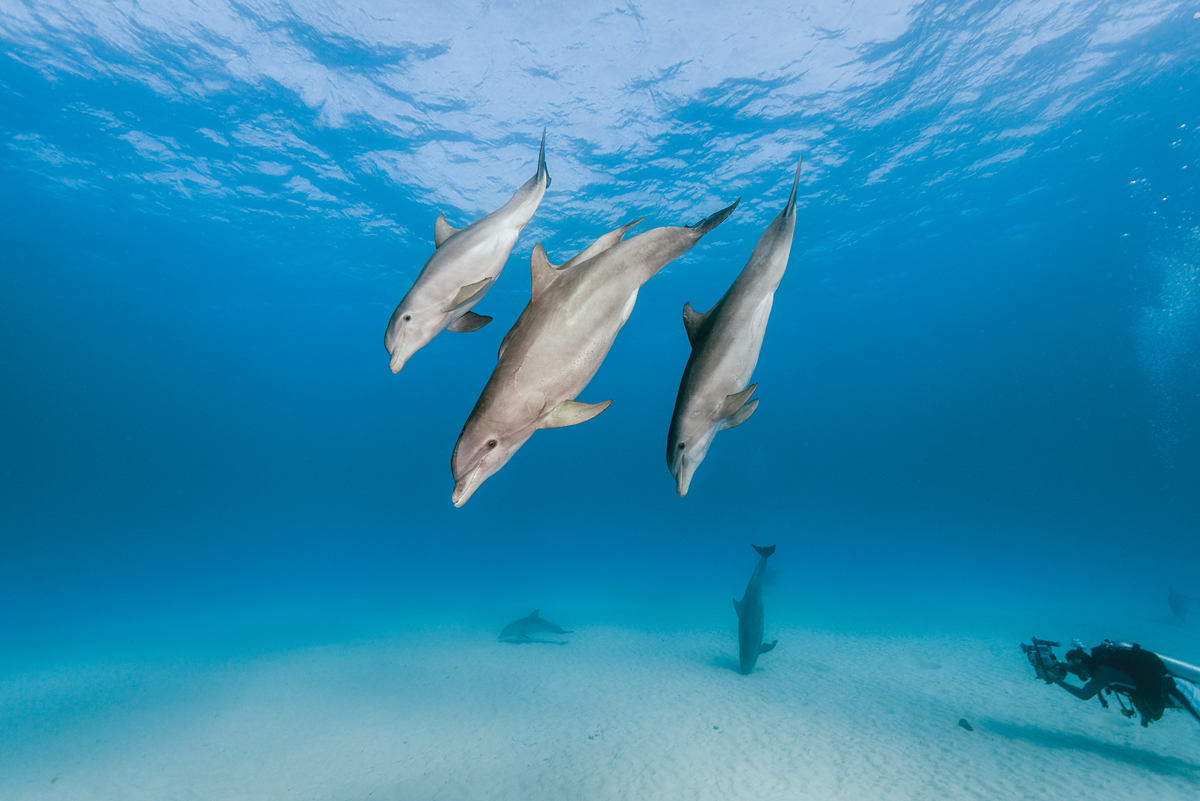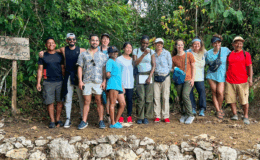PANAMA graced by the amazing creature of the Bottlenose Dolphins
- By : James Bryson
- Category : Conservation, Environmental

https://es-us.finanzas.yahoo.com/noticias/delfines-crean-alianzas-humanos-192201834.html
Science Writing, Aug 29 (EFE).- Male bottlenose dolphins form networks of alliances at various levels, which are the largest known outside of human beings, says a study published today by PNAS.
These cooperative relationships between groups increase the access of males to females, according to research that studied 121 adult bottlenose dolphins (the best known species) in Shark Bay (Australia).
Male dolphins form various types of alliances. Those of the first order are created by two or three males; those of the second order are made up of four to fourteen males that compete with similar groups for the same objective.
Third-order networks are established when second-order alliances cooperate with each other.
Cooperation between allies is widespread in human societies, is one of the hallmarks of our success, and was considered unique to our species.
However, the team led by Stephanie King of the University of Bristol (United Kingdom) has shown that this type of dolphin forms the largest network of multilevel alliances known outside of humans,
In addition, “cooperative relationships between groups, rather than the simple size of the alliance, allow males to spend more time with females, thus increasing their reproductive success,” explained the expert.
How long males can spend with females “depends on being well connected with third-order allies, that is, social ties between alliances lead to long-term benefits for these males,” according to Simon Allen, another co-signer. .
Intergroup cooperation in humans was thought to depend on two features that distinguish us from our common ancestor with chimpanzees: the evolution of pair bonds and parental care by males.
However, “these results show that intergroup alliances can arise without these characteristics, from a social and mating system more similar to that of chimpanzees,” explained Richard Connor of Florida International University (USA).
The work, King noted, highlights that dolphin societies, as well as those of non-human primates, are “valuable model systems for understanding human social and cognitive evolution.”



No Comments